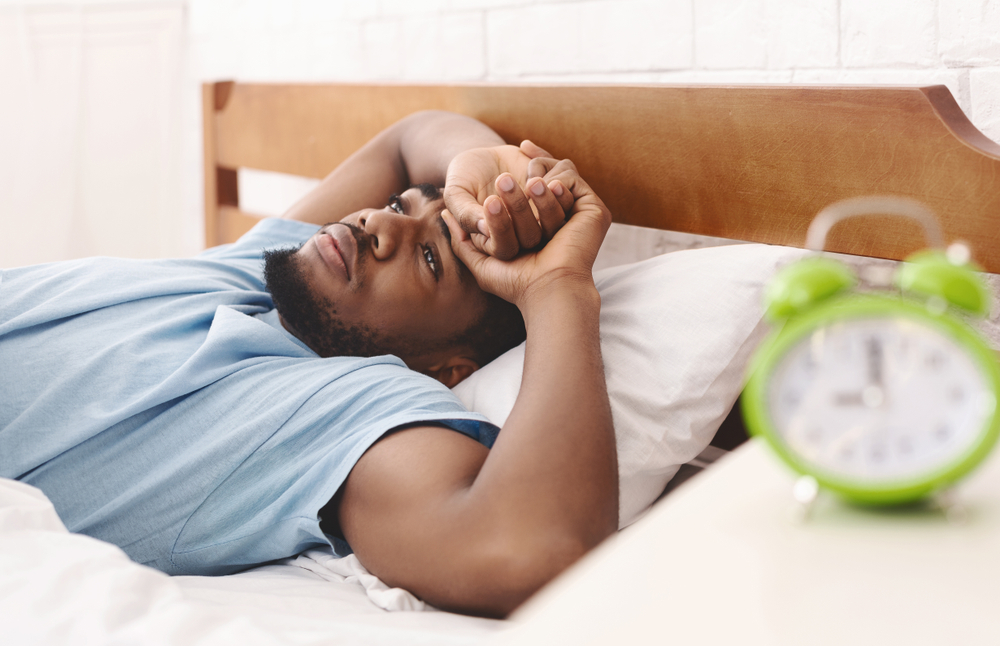Sleep apnea is a serious sleep disorder that affects millions of people worldwide. Understanding the critical symptoms of sleep apnea is crucial for early diagnosis and effective treatment. This article will explore the most common signs of sleep apnea, helping you recognize if you or a loved one might be affected.
Introduction: Understanding sleep apnea
Sleep apnea is more than just snoring; it’s a condition that can have significant health implications if left untreated. People with sleep apnea experience interruptions in their breathing during sleep, which can lead to various health issues, including heart disease, stroke, and high blood pressure. Recognizing the critical symptoms that you have sleep apnea can be the first step toward improving your sleep quality and overall health.
What is sleep apnea?
Sleep apnea is a disorder characterized by pauses in breathing or shallow breaths during sleep. These pauses can last from a few seconds to minutes and may occur 30 times or more in an hour. The most common type, obstructive sleep apnea, occurs when the throat muscles intermittently relax and block the airway during sleep. Another type, central sleep apnea, involves the brain failing to send proper signals to the muscles that control breathing.
Common symptoms of sleep apnea
Identifying sleep apnea early can significantly improve the quality of life and reduce the risk of severe health problems. Here are the critical symptoms to watch out for:
Loud snoring
One of the most noticeable signs of sleep apnea is loud, persistent snoring. While not everyone who snores has sleep apnea, nearly everyone with sleep apnea snores. The snoring is typically loudest when you sleep on your back and quiets when you turn onto your side.
Gasping for air during sleep
People with sleep apnea often experience abrupt awakenings accompanied by gasping or choking. This happens because the brain senses the lack of oxygen and forces you to wake up and open the airway. These episodes can occur multiple times a night, disrupting sleep.
Frequent nighttime awakenings
Because sleep apnea causes repeated breathing interruptions, it can lead to frequent awakenings throughout the night. Often, these awakenings are so brief that you may not even remember them, but they severely impact the quality of sleep.
Daytime fatigue and sleepiness
Despite spending an adequate amount of time in bed, people with sleep apnea often feel excessively tired during the day. This is because the repeated awakenings prevent restorative sleep, leading to chronic fatigue and difficulty staying awake during the day.
Morning headaches
Waking up with a headache is another common symptom of sleep apnea. These headaches are usually caused by the changes in blood oxygen levels that occur during breathing interruptions.
Difficulty concentrating
Chronic sleep deprivation from sleep apnea can impair your cognitive functions. You may find it difficult to concentrate, remember things, or perform daily tasks effectively.
Irritability and mood changes
Lack of quality sleep can also affect your mood. People with sleep apnea often experience irritability, mood swings, and even depression.
Diagnosing sleep apnea
If you suspect you have sleep apnea, it’s essential to consult with a healthcare provider. They may recommend a sleep study, which can be conducted at home or in a sleep clinic. During a sleep study, various body functions are monitored while you sleep, including breathing patterns, oxygen levels, and heart rate.
Treatments for sleep apnea
Treating sleep apnea can significantly improve your quality of life and reduce the risk of related health issues. Here are some common treatments:
Continuous positive airway pressure (CPAP)
The most common and effective treatment for sleep apnea is CPAP therapy. A CPAP machine delivers a steady stream of air through a mask, keeping the airway open during sleep.
Lifestyle changes
For mild cases of sleep apnea, lifestyle changes can make a significant difference. These include losing weight, quitting smoking, and avoiding alcohol and sedatives before bedtime.
Oral appliances
For those who find CPAP machines uncomfortable, oral appliances can be an effective alternative. These devices are designed to keep the throat open by repositioning the jaw or tongue.
Surgery
In severe cases, surgery may be necessary to remove tissue, shrink the tissues, or create a new air passage.
Living with sleep apnea
Living with sleep apnea can be challenging, but with the right treatment and lifestyle adjustments, you can manage the symptoms and lead a healthier life. Here are some tips for managing sleep apnea:
Maintain a healthy weight
Excess weight, especially around the neck, can increase the risk of airway obstruction. Maintaining a healthy weight through diet and exercise can help reduce sleep apnea symptoms.
Sleep on your side
Sleeping on your back can cause the tongue and soft tissues to block the airway. Try sleeping on your side to keep the airway open.
Avoid alcohol and smoking
Alcohol relaxes the throat muscles, increasing the risk of airway obstruction. Smoking can inflame and narrow the airway. Avoiding these substances can help reduce sleep apnea symptoms.
Establish a regular sleep schedule
Going to bed and waking up at the same time every day can help regulate your sleep patterns and improve the quality of your sleep.
Conclusion: Take action today
Recognizing the critical symptoms that you have sleep apnea is the first step toward better health and improved quality of life. If you or a loved one experience any of these symptoms, consult with a healthcare provider to discuss your concerns and explore the appropriate treatment options. Don’t let sleep apnea go untreated – take action today to ensure a healthier tomorrow.
This story was created using AI technology.














